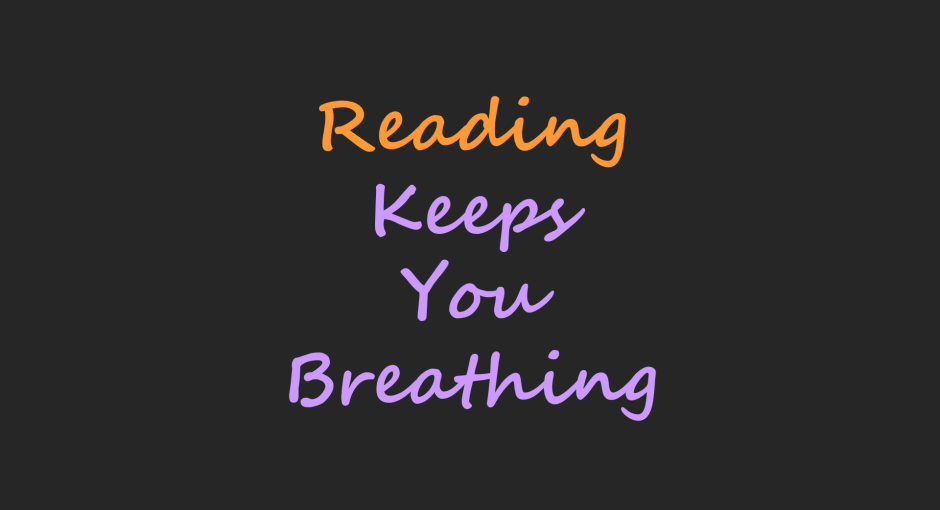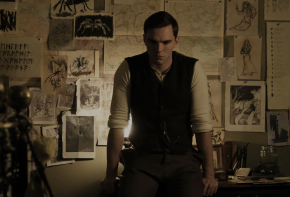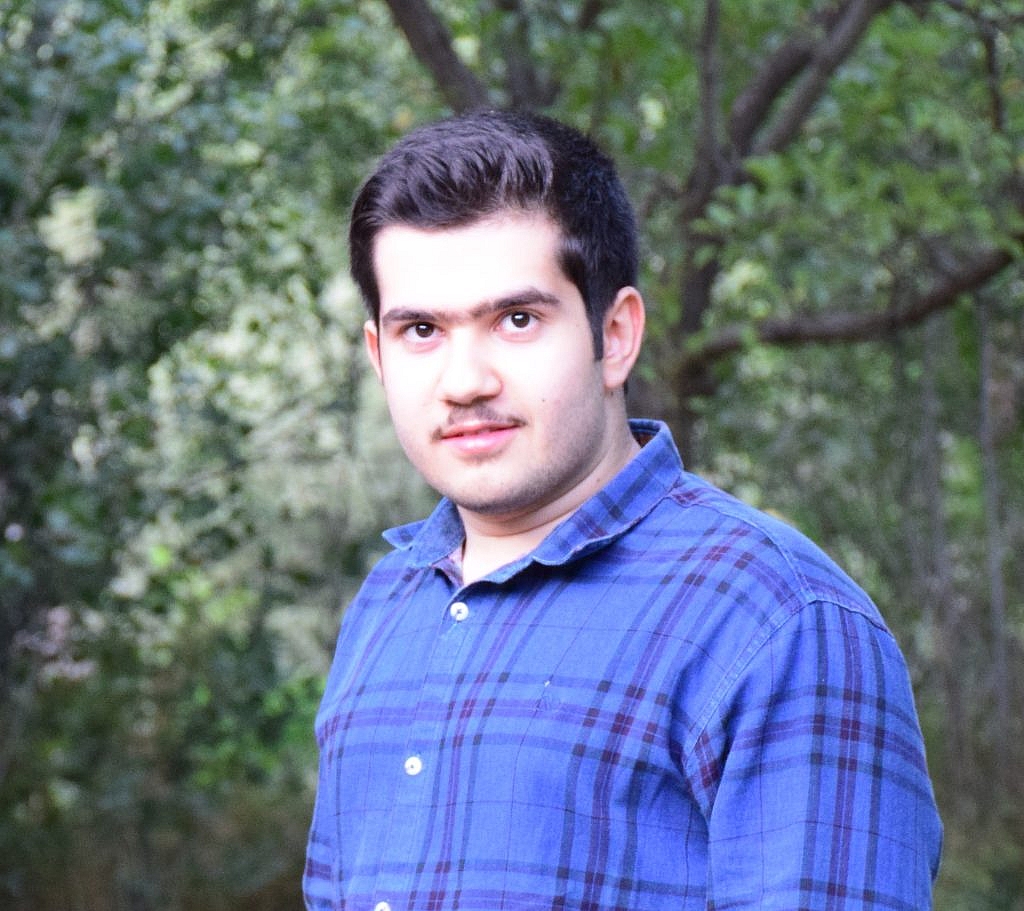Honestly, who am I? I don’t have any specific answer to these questions that may partially be related to the thoughts of dead thinkers who I read their works. This situation reminds me of a part of John Green’s book:
“You just, like, hate yourself? You hate being yourself?”
“There’s no self to hate. It’s like, when I look into myself, there’s no actual me—just a bunch of thoughts and behaviors and circumstances. And a lot of them just don’t feel like they’re mine. They’re not things I want to think or do or whatever. And when I do look for the, like, Real Me, I never find it. It’s like those nesting dolls, you know? The ones that are hollow, and then when you open them up, there’s a smaller doll inside, and you keep opening hollow dolls until eventually, you get to the smallest one, and it’s solid all the way through. But with me, I don’t think there is one that is solid. They just keep getting smaller.”
I just needed to have something of my own. I wanted to come up with ideas that belonged to me. It occurred to me I’m like a mother but my infant is getting morphed in some other woman’s uterus.
I WANTED MY IDEAS TO BE MINE.
Can you differentiate your feelings?
I was curious to write down how I felt but I couldn’t because I didn’t have the adjectives. I searched about feelings. I found out this website: feelings wheel. It seems the purpose of this website is to help you explore your feelings.
I recommend reading this PDF file: The Feeling Wheel Positive Psychology
What is your superpower?
Cal Newport answered this question this way: “The advantage of me is not doing something smarter. It’s just I’m not doing dumb things which makes others slow down.
I summarize it in one sentence: “I just don’t repeat other people’s stupidity.”
If you ask me, my superpower will be reading. I came up with this motto for myself to make myself read more: “Reading keeps you breathing.”
What do you want to do with your life?
Answering this question is like slaying a dragon. It doesn’t have a one-lined answer. Because it begs lots of other questions. The reason is related to dragons and the possibility that facing them will scare you off.
you need to make the dragon to the pieces before confrontation. You just need to run your imaginative thinking a bit. Shred this question to baby questions. And then try to think about the possible answer of each one.
Domains of interest
After lots of searches and wondering around different researches on career choices and their relation to other factors, I can summarize the stuff I found out as below:
John Holland’s theory on domains of interest, often referred to as the RIASEC model (Realistic, Investigative, Artistic, Social, Enterprising, and Conventional), is a widely recognized and influential framework in career counseling, classifying individuals based on their personality and interests and suggesting that people tend to find satisfaction in work environments that align with their dominant type, leading to better career choices and job satisfaction when there is a “person-environment fit.”.
Six Interest Types:
The RIASEC model categorizes individuals into six distinct interest types, each representing a different personality and work environment preference:
Realistic (R): Preference for hands-on, practical work with tools and machinery.
Investigative (I): Interest in scientific research, analysis, and problem-solving.
Artistic (A): Creativity, and self-expression through art, music, and design.
Social (S): Helping others, interpersonal relationships, and community service
Enterprising (E): Leadership, persuasion, and sales
Conventional (C): Order, routine, and detail-oriented tasks
According to Holland (1992, 1997), individuals can be characterized by their resemblance to each of the six personality types. Each of the personality types has a characteristic set of activities, skills, and abilities. The environment in which people live and work can be classified according to the same six types. The theory allows the individual to predict the outcome of person-environment interactions. (+)
Differences by sex in RIASEC interest type (+)
There is a distinctive difference between male and female on RIASEC’s vocational interest. Females were more people-oriented and males were skewed to things. Females prone to choose vocational choices that
allows them to deal with people whereas males tend to work with objects or things.
Male students have higher dimension in realistic, investigative and enterprising; and female has higher dimension in social and artistic and mostly restricted to these two types. As such, females would incline to choose a people-occupation or social sciences disciplines while male will dominate in science related field. Also, females were better in linking their interest to their future development at earlier age compared to male. In general, the future-time perspective was higher for female students to plan their college majors and career choices.
This is far as I got, but I think I need to study more about Hollands theory and its relation to Domains of interest.
It’s not a bad idea to take a look at this to research if you’re not in a rush: 1 , 2
In this pdf, Dawis and his coworkers introduce six key values that individuals seek to satisfy: TWA






